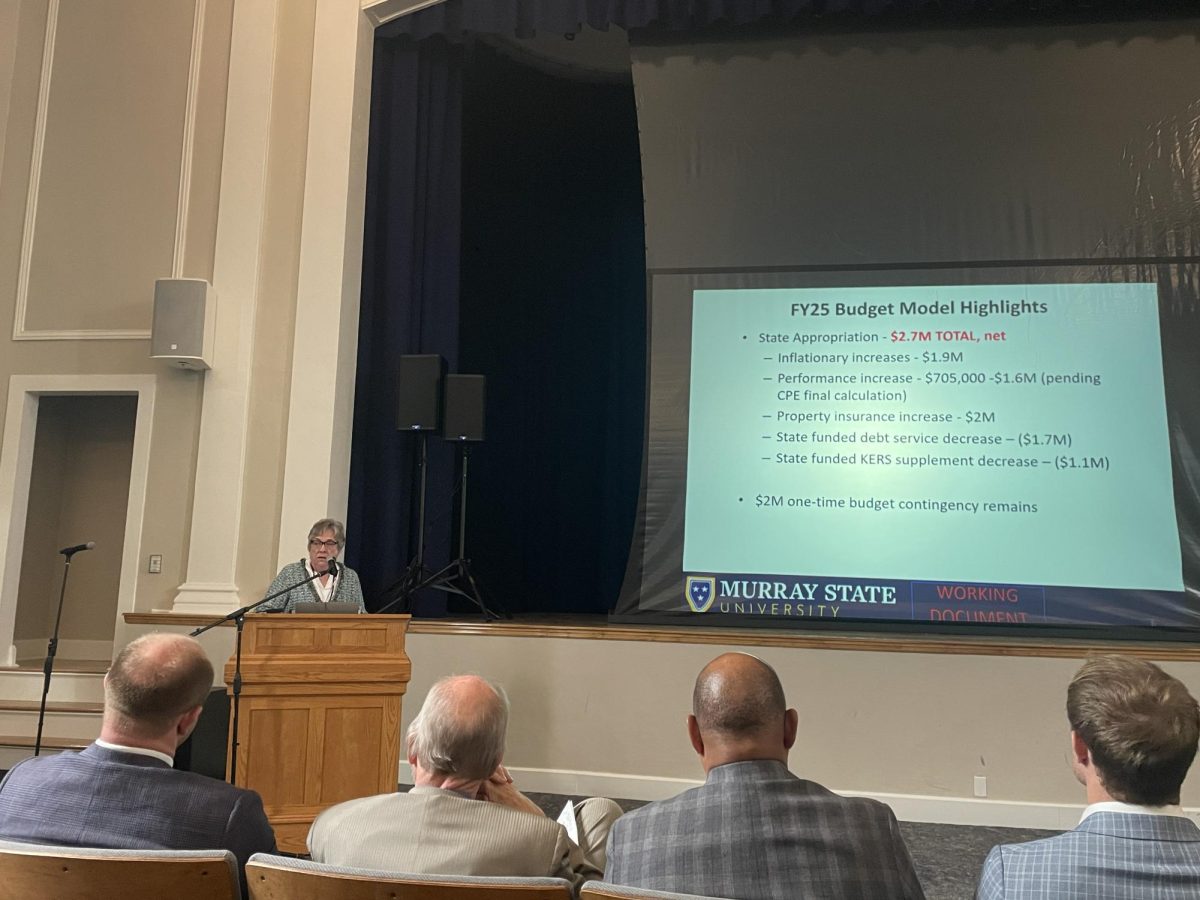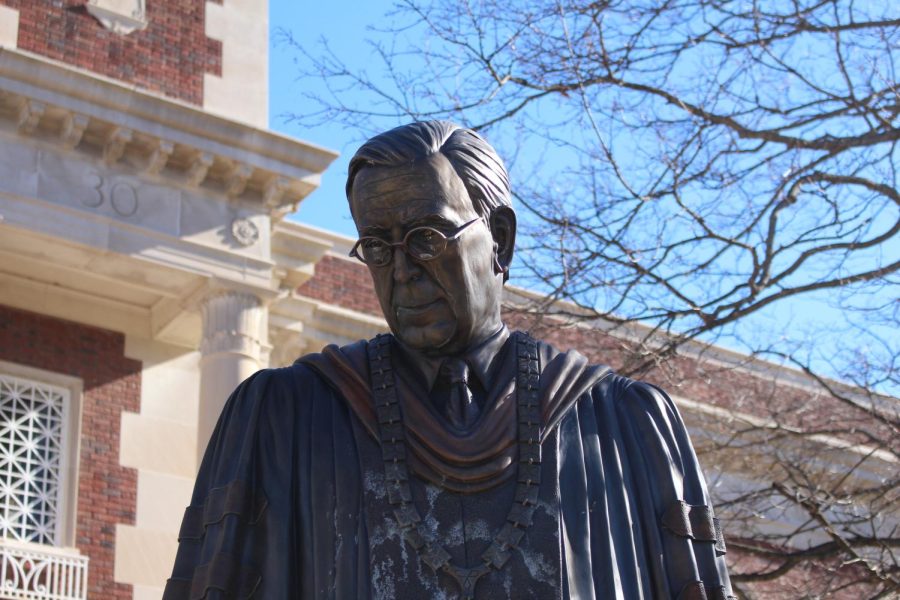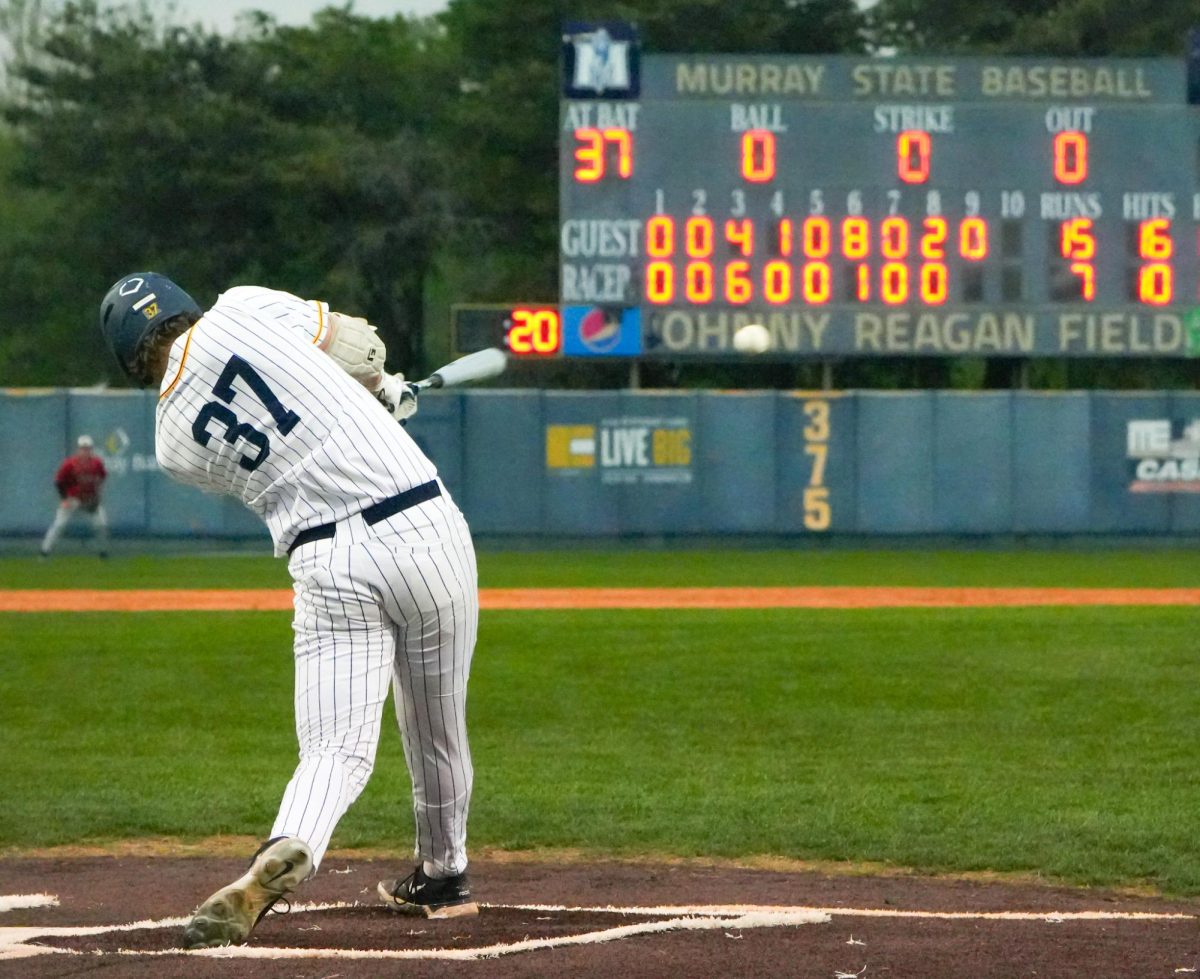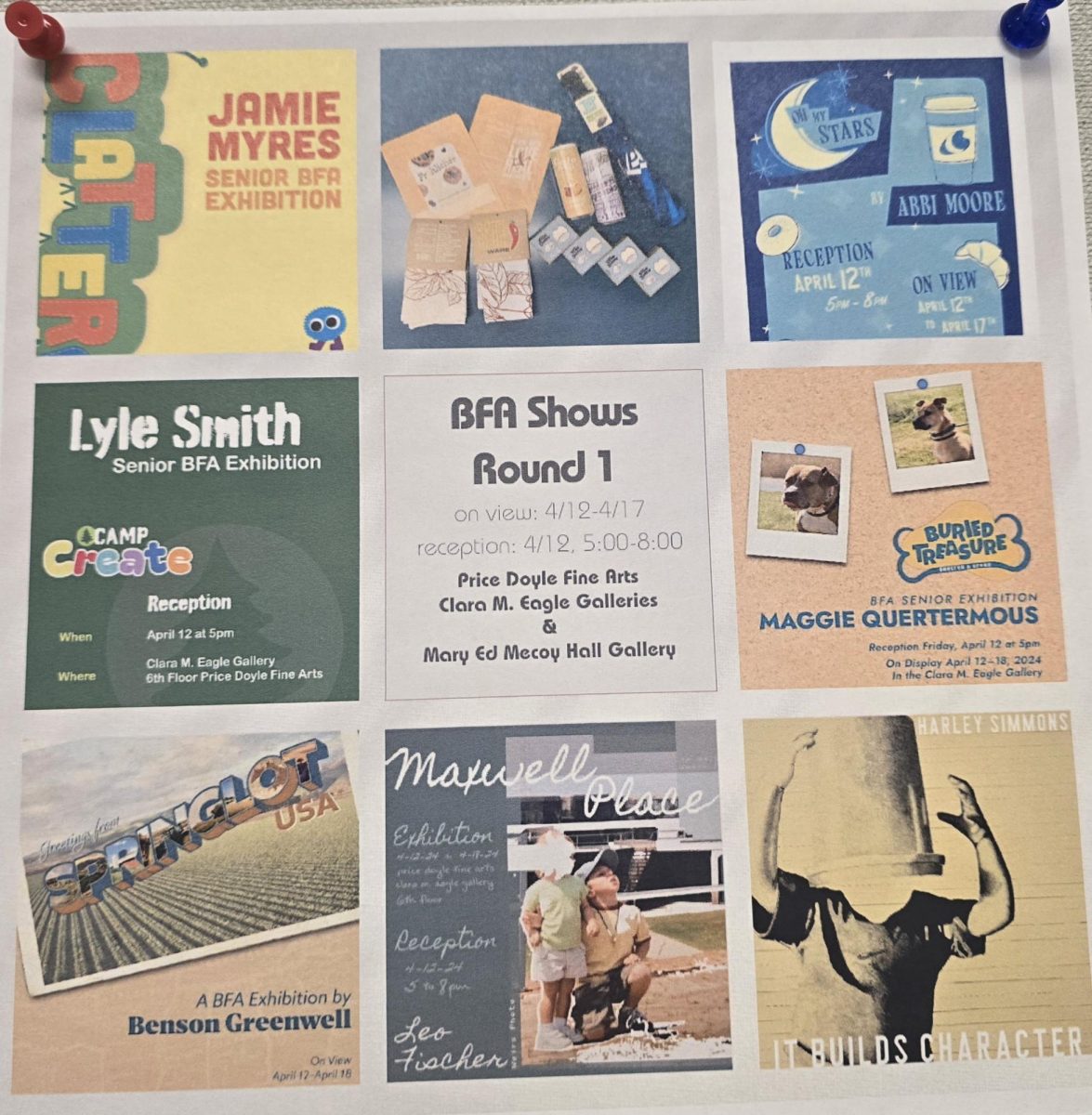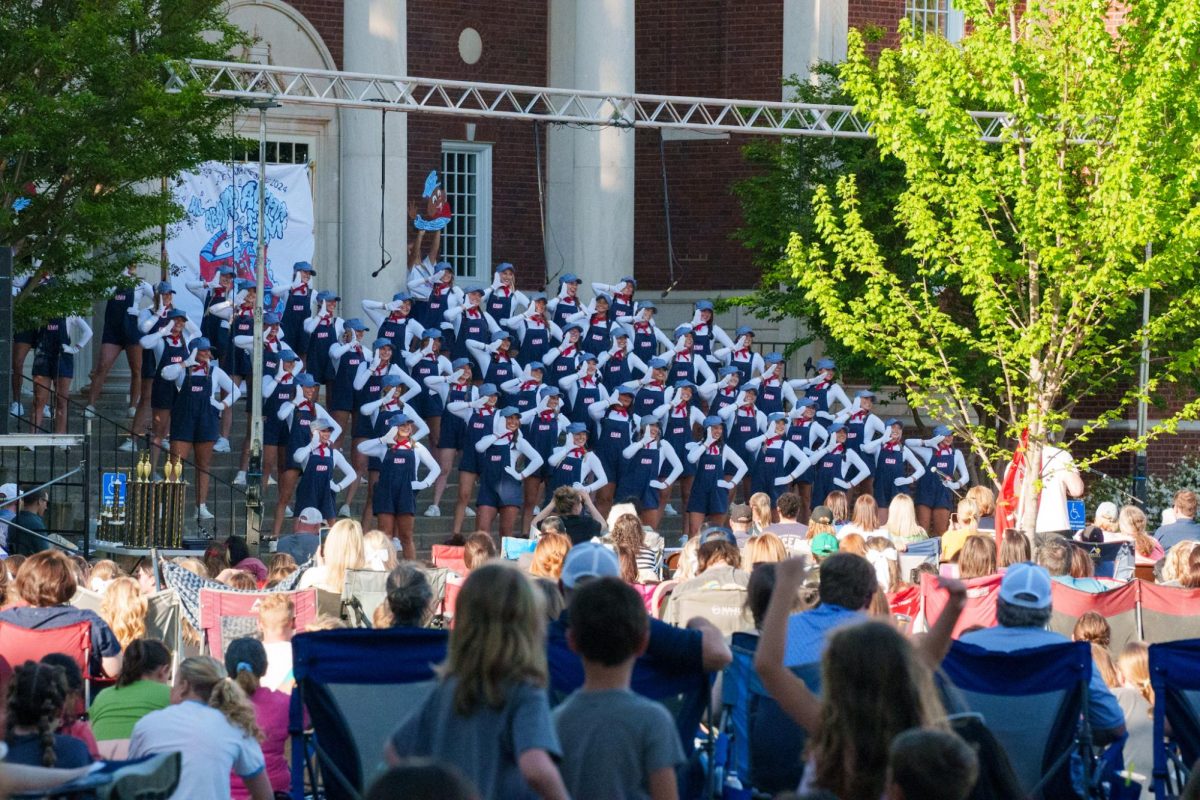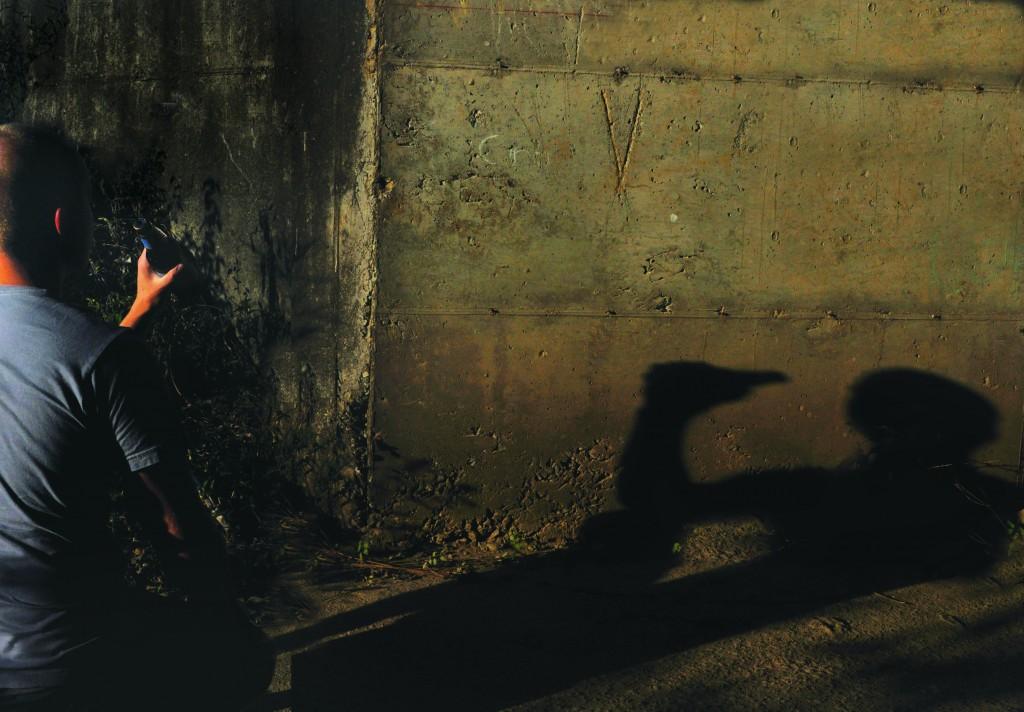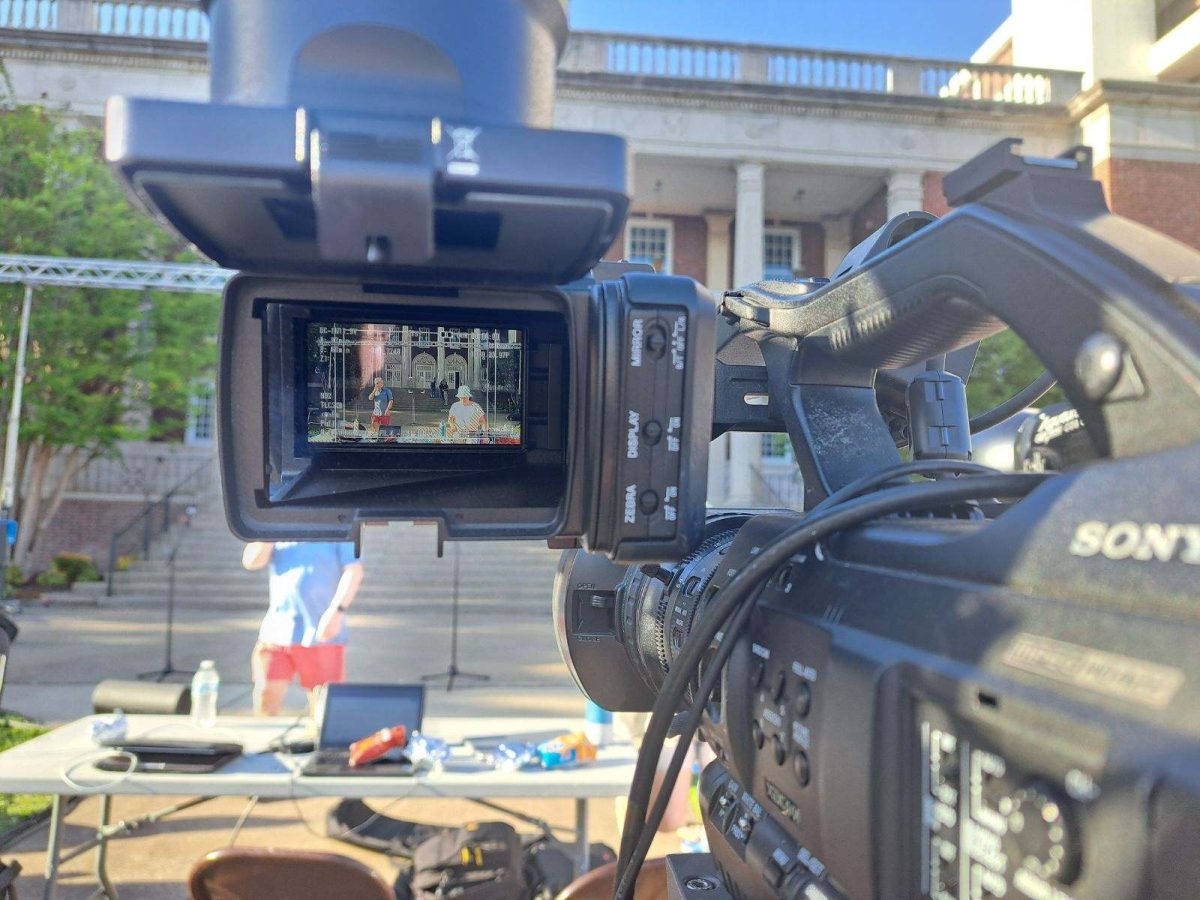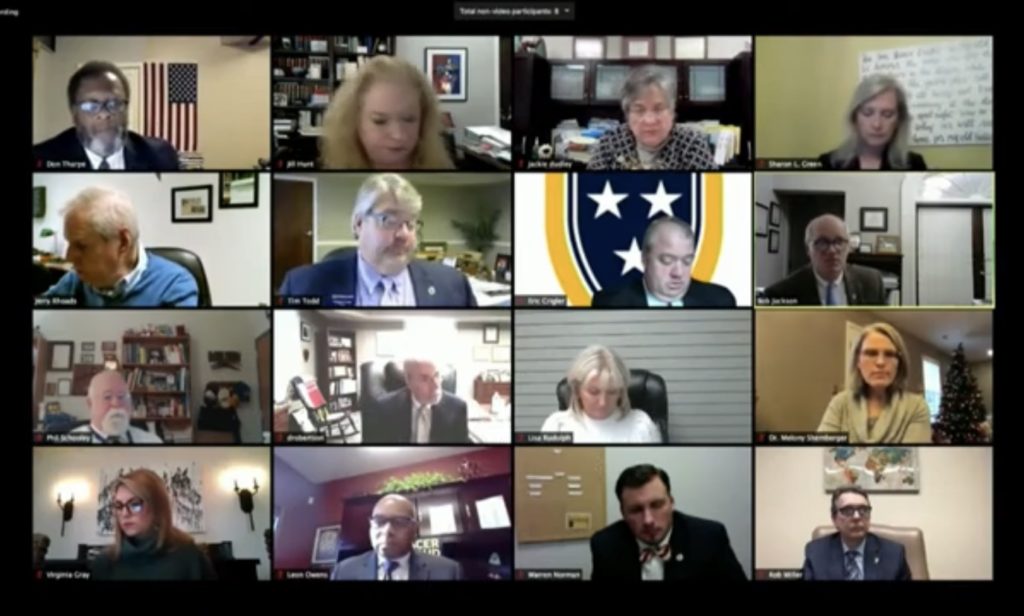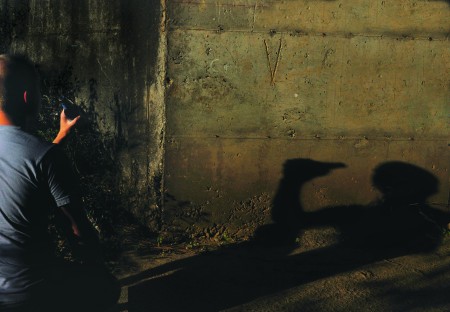
Edward Marlowe || Staff writer
For years, students have returned to Murray State knowing they would have to “run south” in order to purchase their alcoholic partying supplies as the semester moved forward.
Mac’s South-of-the-Border Beer Store in Puryear, Tenn., and Westwood Liquors in Paris, Tenn., have often been the lynchpins for catering throw-downs, back-to-school parties, end-of-semester castoffs, socials, mixers and other gatherings.
However, on July 17, after months of lobbying from both sides, the citizens of Murray struck down decades of local ordinance and passed a local option vote allowing distribution of packaged liquor within the city limits. The vote passed 53 percent “yes” to 47 percent “no” with a 35 percent voter turnout rate.
While people may still head south for Cosmo’s or 641 Club in Puryear for old time’s sake, buying liquor and beer will soon be as easy as driving five minutes to a vendor in Murray.
Alcohol and the University
Per the Student Life Handbook, by which every student must abide, Murray State prohibits the use or possession of alcoholic beverages in residential colleges. Students are not permitted to possess, for any reason, containers of alcohol (kegs, bottles, cans or beer bongs) empty or full, in the Residential Colleges or College Courts.
Even though the rules surrounding the campus are changing, Murray State will continue to employ a zero-tolerance policy on beer and alcohol, a policy held since 1922.
This means venues such as the CFSB Center and Roy Stewart Stadium, which host popular sporting and musical events throughout the year, currently disallow alcohol and will not be permitted to sell alcoholic beverages to patrons as they are located on campus and governed by University regulations.
One major area of concern is the immediacy in which alcohol will be available to students in the area, who by as early as October can run to the gas station nearest them to pick up a six-pack.
Lowell Stevens, junior from Murray, said he believed the ready availability could pose problems for the local area if not monitored effectively and met with a strict policy on drunk driving in order to deter first-time and repeat DUI offenders.
“I think that in terms of availability, more parties will be able to purchase more alcohol, and as the party continues, and as they get low, rather than running to Mayfield, Paducah or Paris, they’ll be able to drive to Walmart or some nearby liquor store,” Stevens said. “Those that might have been deterred from driving drunk for twenty to thirty minutes will probably be far more likely to drive drunk for five or ten minutes.”
Don Robertson, vice president of Student Affairs, however, doesn’t believe the easier accessibility will play a major role in campus problems with alcohol.
“It was already only seven or eight miles away; now it’s just a little more convenient,” Robertson said. “You still have to be 21, but if you were going to get someone older to buy it because you were underage, you could’ve already done that, so I don’t see it making that much of a bigger difference. They thought that when we went (moist in 2000) it would be an issue but that didn’t happen either.”
Bonnie Higginson, vice president of Academic Affairs, was in agreement, but said the University would maintain a watchful eye as the year progressed.
“It will be interesting to monitor, and to see if we have any related alcohol problems on campus,” Higginson said. “It will certainly be more accessible, but I don’t think it is really going to change much. People thought it was going to increase DUIs when the city went moist, but it didn’t happen.”
While the city of Murray did not have an increase of DUIs when liquor by the drink was installed in 2000, Murray State Chief of Police and Public Safety David Devoss said he noted an increase in DUI arrests on campus after the vote passed (in 2000), but said he cannot jump to any conclusions with these new regulations and would have to see what happened over time.
“We will be taking a wait and see approach,” Devoss said. “I don’t know what to expect, but we will monitor and see what does happen. We can’t predict what will happen.”
According to Kentucky state law, a full 60 days after an option vote must be observed before liquor licenses of any kind can be applied for and sold to appropriate vendors.
Alcohol and the City
Murray officially becomes wet on Sept. 20, and until then city officials will be discussing tax rates on alcohol, the federal ruling striking down a 70-year ban on grocery stores and gas stations selling liquor and wine, the possibility of extending hours of operation for liquor and dining establishments and the liquor license application process.
The City of Murray’s Finance Committee approved a 6 percent alcohol tax rate on sales Wednesday. The committee also set operating hours of 6 a.m. to midnight for packaged alcohol stores. The motion passed by a narrow 3-2.
Murray Police Chief Jeff Liles attended the meeting and distributed paperwork estimating the cost of alcohol enforcement would total 25 percent of the department’s budget.



